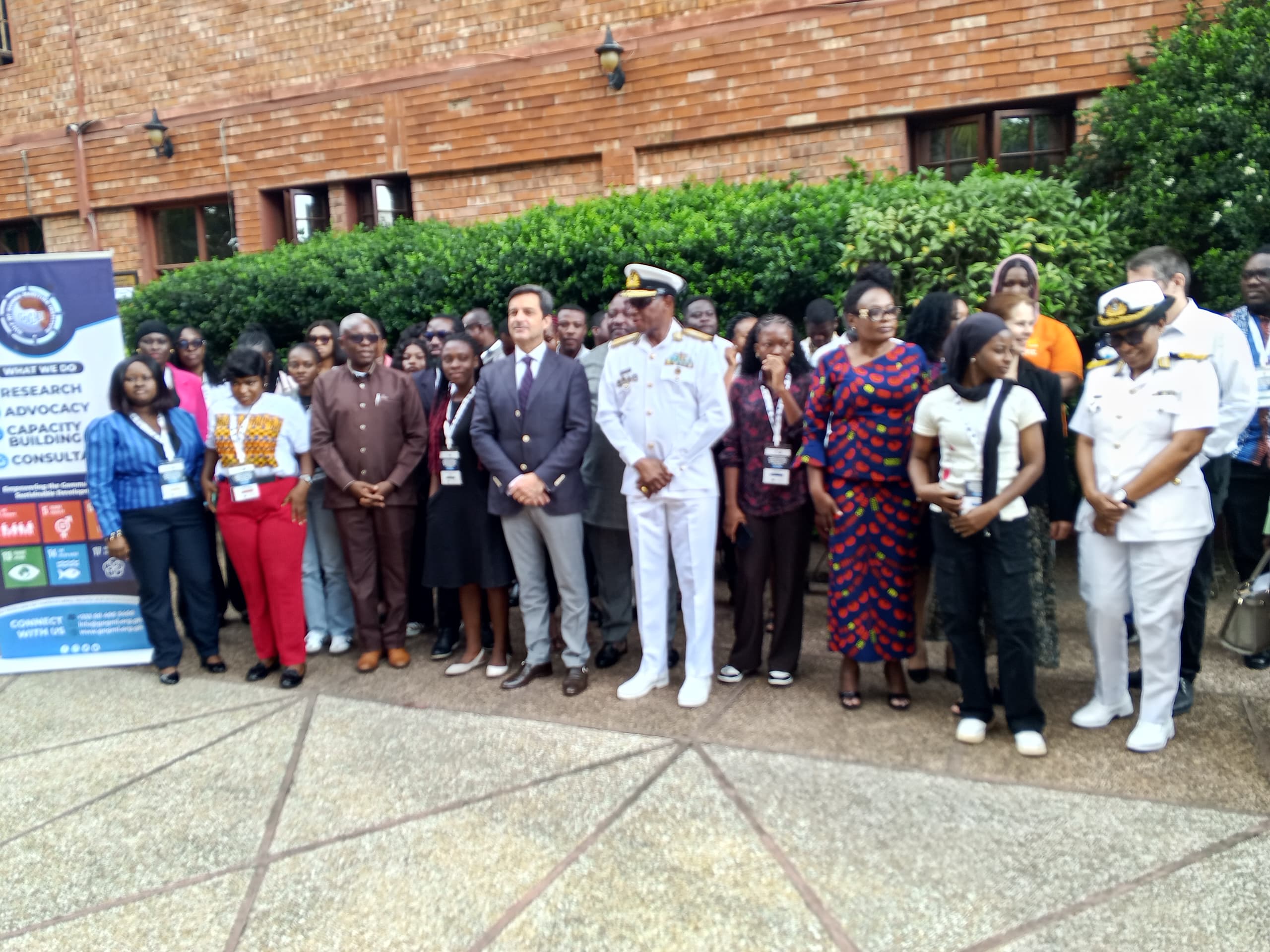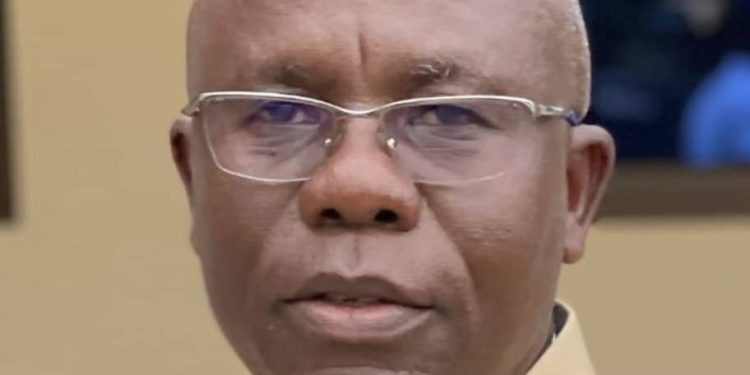‘The Gulf of Guinea is our Wall Street, IMF, and World Bank Combined’, Says Air Vice Marshal Hanson
Distinguished Fellow of the Gulf of Guinea Maritime Institute (GoGMI), Air Vice Marshal Frank Hanson (Rtd), has called on journalists and media practitioners to play a leading role in reshaping public discourse on the Gulf of Guinea by addressing what he described as “ocean blindness” — the widespread neglect of maritime issues in national and regional development conversations.
Delivering the welcome address at the opening of a three-day training on Maritime Security, Safety and the Blue Economy in the Gulf of Guinea for journalists and media practitioners, Air Vice Marshal Hanson underscored the need for the media to bridge the awareness gap surrounding the region’s maritime potential.
“The Gulf of Guinea requires the utmost attention in our national development. It is several times bigger than West Africa and far richer than any continent. It is our (Ghana) Wall Street, IMF, and World Bank combined,” he stated.
“Yet, paradoxically, it remains the least spoken about in the public sphere. Our journalists, policymakers, and even our communities rarely give it the attention it deserves, despite the fact that it is the very foundation of our trade, our security, and our sustainable future,” he added.
The economic importance of the Gulf of Guinea is estimated at some $240 billion in annual trade. Over 80% of Ghana’s exports valued at circa $18 billion as at August 2025, goes through the Gulf of Guinea.
According to Air Vice Marshal Hanson, the lack of public engagement on maritime issues continues to impede the region’s ability to harness the full benefits of the Blue Economy while adequately confronting maritime security threats.
“Ocean or sea blindness is the main reason why this great maritime constituency — the Gulf of Guinea — does not receive the same attention as even something small as a parliamentary bye-election in Akwatia,” he said.
“We talk so little about the ocean that we risk overlooking the opportunities of the Blue Economy and underestimating the threats of maritime insecurity. By failing to see the ocean, we fail to see a vital part of who we are and what sustains us as a nation and a region.”

He therefore urged participating journalists to challenge the silence around the Gulf of Guinea, confront sea blindness, and use storytelling to inspire policy action, public engagement, and regional transformation.
“Your role as journalists and media practitioners is critical. You are the bridge between these hidden realities and public consciousness. This training is designed to equip you with the knowledge, tools, and perspectives to cover maritime security and safety with accuracy, depth, and urgency, while also shining a light on the vast opportunities that the Blue Economy presents,” Air Vice Marshal Hanson told participants.
Building Capacity for Maritime Journalism
There is a growing consensus across Africa’s maritime community that enhanced public awareness of the continent’s maritime potential — particularly regarding the Blue Economy and maritime security — could foster stronger institutional and citizen engagement.
However, the highly technical and complex nature of maritime issues continues to limit investigative and analytical reporting within the sector. This, coupled with evolving challenges such as misinformation and homogenised narratives, undermines efforts to establish professional standards and promote research-driven maritime journalism.
Experts therefore argue that capacity building for maritime journalists is crucial to advancing transparency, accountability, and sustainable development. Strengthening reporting capacity, they note, will enable in-depth coverage of key issues such as maritime security, blue economy prospects, and marine environmental protection — areas central to the region’s economic transformation.









